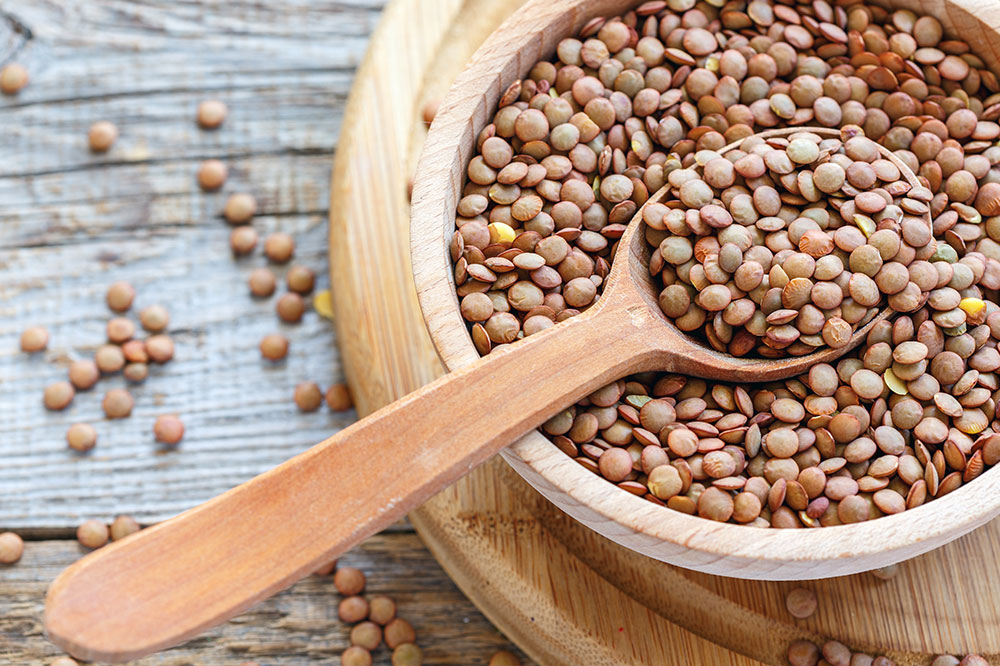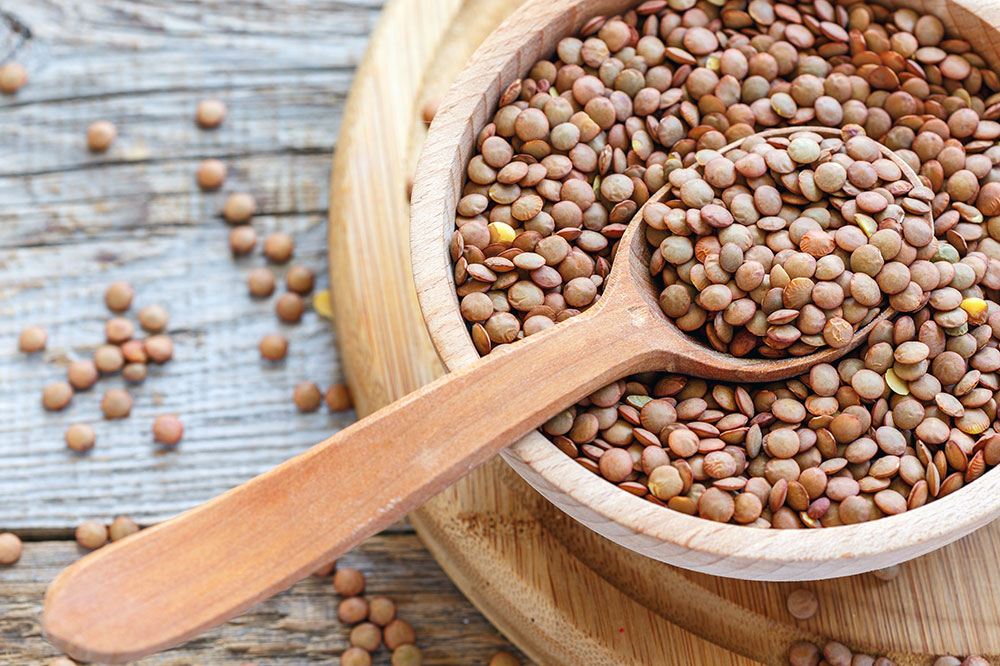Diet Tips for Managing Bladder Control and Incontinence
Manage bladder control issues effectively through targeted dietary choices and medications. This guide highlights foods to include, avoid, and available treatments like GEMTESA and MYRBETRIQ that can help reduce urgency and incontinence symptoms. Adopting these tips can improve bladder health and quality of life for those affected.

Dietary Recommendations for Better Bladder Management
Over 30% of women in our population face bladder control challenges, often due to age, excess weight, weak pelvic muscles, or medication use. Proper nutrition can help manage symptoms of an overactive bladder. Here are some foods to include and avoid for improved bladder health.
Foods to Avoid
Caffeine
Coffee, tea, energy drinks, and sodas contain caffeine, which acts as a diuretic, increasing urination frequency and aggravating symptoms.
Alcohol
Alcohol elevates detrusor muscle pressure and disrupts normal bladder signaling, making control more difficult.
Spicy foods
Spices like peppers, chili, and horseradish can irritate the bladder lining, heightening the urge to urinate and leading to more accidents.
Artificial sweeteners
Artificial sweeteners can cause bladder hyperactivity, increasing urination and raising UTI risk, especially in women.
Foods to Embrace
Lean proteins
Foods such as white fish, Greek yogurt, beans, and poultry help soothe bladder tissues and reduce overactivity.
Whole grains
Oats and quinoa support healthy digestion, which aids bladder control.
Potatoes
Russet and sweet potatoes are nutritious options that help maintain bladder health without irritation.
Pears
Rich in fiber and antioxidants, pears facilitate smooth bowel movements and can prevent urinary tract issues.
Cruciferous vegetables
Broccoli, cauliflower, Brussels sprouts, and cabbage contain vital nutrients that promote bladder and overall health.
Medications like GEMTESA and MYRBETRIQ are effective for managing overactive bladder symptoms. They help reduce urgency and incontinence episodes, with common side effects including headache, nausea, and diarrhea. Always consult a healthcare provider for personalized treatment plans.
Note:
This article offers general health tips and medication info but shouldn't replace professional medical advice. Always consult your doctor for diagnosis and tailored treatment options.










